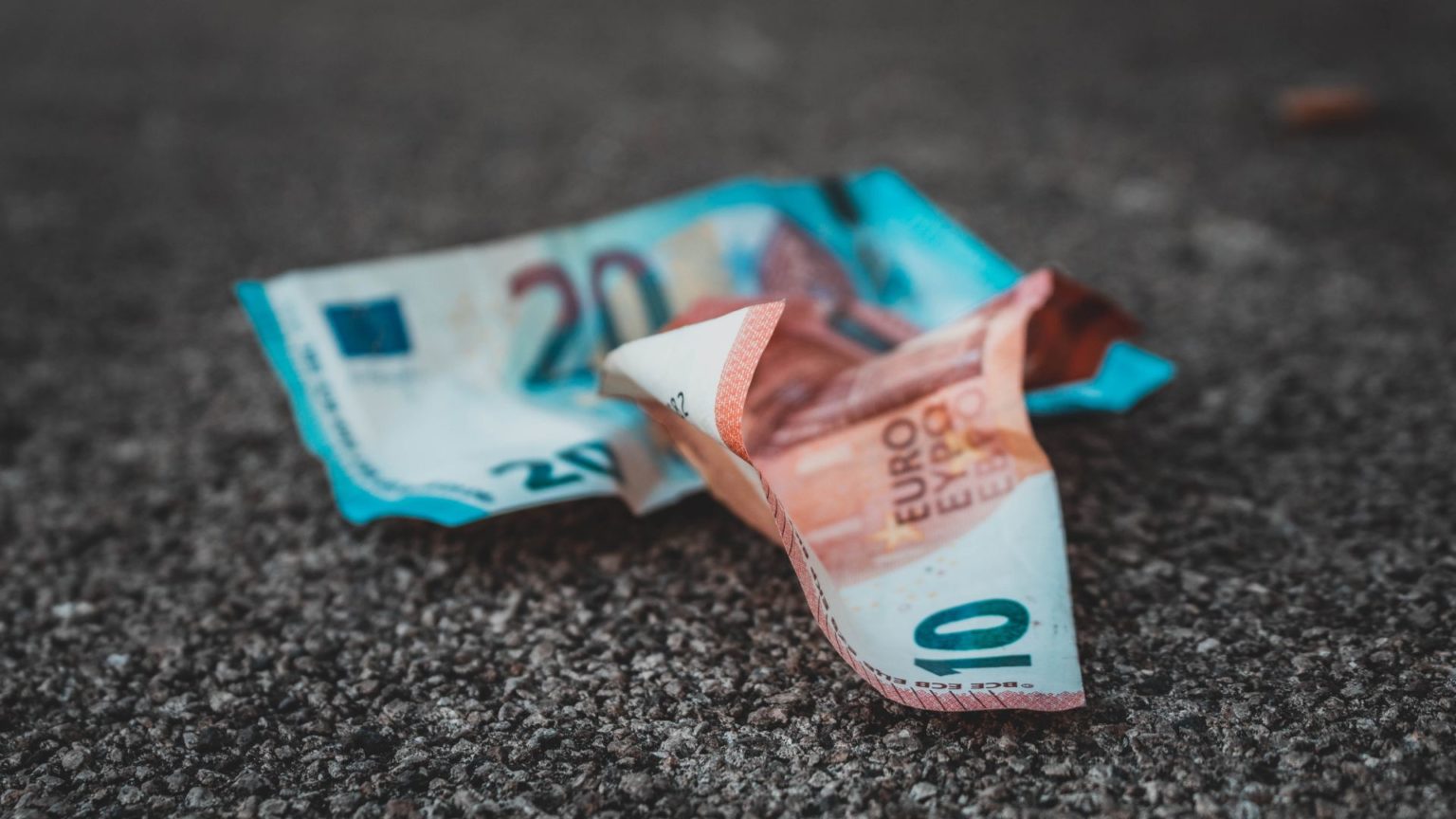David Ricardo meets YOLO
«The real estate market is a little bit like golf, a game where every shot makes somebody happy. If it goes up millions of families benefit from a ‘wealth effect’, if it goes down millions of younger people have a better entry point to the property ladder»

Sara Kurfeß | Unsplash
Traditionally, the Barro-Ricardo Equivalence has been set in opposition to Keynesian policies. The US Government’s policy response to the Pandemic assumes that most taxpayers will spend the Government checks they receive periodically and therefore economic activity will rise and employment levels will consequently continue their recovery. Paradoxically this may be true even as the household and corporate savings rates remain above trend because of monetary policy and wealth inequality. For most families, traditional savings vehicles such as life policies, Treasurys, Municipal bonds, or bank certificates of deposit yield too little to compensate for the inflation they experience and only 52% percent of US households have exposure to equities, down from just 65% in 2008 (Gallup). Real estate continues to be the largest component of most households’ savings, luckily for those who already own a home the market is on fire.
The real estate market is a little bit like golf, a game where every shot makes somebody happy. If it goes up millions of families benefit from a «wealth effect», if it goes down millions of younger people have a better entry point to the property ladder. The one characteristic about real estate is that it is easy to tax, because one cannot easily take it somewhere else. We expect that local governments looking to raise revenues will share in this bonanza. The US federal Government already raised taxes on real estate by capping the deductibility of mortgage interest for a first and second home to the $1 million mortgage balance ceiling. This tax or rather reduction of a pre-existing tax benefit, has been increasing with inflation, as the cap has not changed for nearly thirty years.
For the wealthiest 1% of households who own 38% of US stocks, and then some abroad, the Barro-Ricardo equivalence is all too real, as they are fully aware that the government is also coming after their money. They are not alone. The Spectre of Communism is haunting the corridors of power and coming to a tax authority next to you. There is nothing new in this. The IMF suggested this week, as we expected, that companies that have received outsize benefits from the Pandemic should pay windfall taxes to help fund government support programs for those companies that have been hurt by lockdown policies.
As Will and Ariel Durant point out in The Lessons of History this ebb and flow is as old as the Sumerian command economy of 2100 B.C.. In ancient Samaria, the state organized the economy and most of the arable land was the property of the crown, labourers received food rations from the crops delivered to the royal storehouses in a process organized, supervised, and controlled by a bureaucracy that kept records of all transactions in clay tablets (sounds familiar?). Socialism was also present in the Hammurabi law code in Babylonia (c. 1750 B.C.) that set the wages for most occupations, or in the Egypt of the late Ptolomeis Dynasty (323 B.C. – 30 B.C.) where the State owned all arable land and managed agriculture, and of course up to our days.
These tax hikes will march hand in hand with the triumph of democratic aspirations such as equality of opportunity initiatives, which unfortunately in some cases will be undistinguishable from populist ideals. Only today, the Financial Times reports that embattled French President Macron, who is lagging Marine Le Pen badly in the polls, is shutting down the Ecole Nationale d’Administarion, his Alma Mater and that of another four Presidents of the Republic since 1958. This graduate school for Mandarins will be replaced with a more accessible school, more in the spirit of the meritocracy that de Gaulle had in mind when he commissioned it in 1945. The article does not address why not just change the admission process and keep the school as it is, since by all accounts the graduates receive superb training. Conversely, Macron, who was humiliated by a mob of gillets jaunes, is probably calculating that he will get some populist credentials from this bold move.
The large deficits designed to mitigate the impact of the economic activity suppression policies set in place during the pandemic have to be financed with more debt and higher taxes. The ebullience in financial markets reflects a particularly non-nuanced thesis, thus the dash for cyclical recovery plays. Investors are willing to see through disappointing news, especially in the euro zone. European markets reach new highs every week in spite of constant downward revisions for 2021 and 2022 GDP growth. Central banks continue their monotonous asset purchase programs and money supply grows at the fastest pace in memory. Inflation is picking up in the US, the March PPI print was 3.8% and CPI came at 2.5%. Mexico, Brazil or Turkey are all seeing higher inflation. The euro area stands out for now as a monetary area where inflation remains stubbornly low. It is also the home to some of the most indebted countries in the world. Ireland, Portugal, Spain, Greece, and Italy top the charts for non-financial debt to GDP ratios (with China).
We are afraid that the combination of the botched vaccination effort, widespread lockdowns, and very high debt levels will make the Eurozone once again a source of concern for a global recovery pace following a crisis. You may remember, how Ray Dalio described the US’s recovery from the GFC as the Beautiful Deleveraging while he referred to the Eurozone’s recovery as the Ugly Deleveraging. Once again, the Eurozone is proving to be the sick man of the world economy. Not only did output fall more there than in the US, China, or Japan. Additionally, and in spite of widespread lockdowns and restrictions, the death rate per population is still among the highest in the world. We cannot be alone in wondering what the EU and the euro bring to the table. We are becoming second-class citizens in the developed world, as we get poorer on a relative basis. GDP per capita in the EU has stagnated since 2007; the gap with the US is at an all-time high. Even politically, the block is showing fissures, many have seconded PM Draghi in criticising Erdogan leaving Dr Von der Leyen standing at a reception in Ankara. Nobody blames European Council President Charles Michel for remaining seated instead of defusing the situation by gallantly offering his chair. This would have been so politically incorrect.
This two decades long relative is also very uneven within the EU as some countries and some regions thrive while others decline. We remain concerned that the increase in Government debt to GDP ratios in Italy, Spain, and Portugal because of larger deficits and declines in GDP, combined with weak banking systems, especially in Portugal where approximately 20% of loans are in forbearance, will lead to nothing good. The creditor countries’ savings rates will increase as well especially if households continue to see very low returns in savings products. Many people believe that ESM and the New Generation Fund are the path to debt mutualisation in the Eurozone; we will soon see how wrong they are. In the interim, the fiscal deficits’ impact on consumption remains muted. Ricardo may still have his day somewhere outside Japan.

